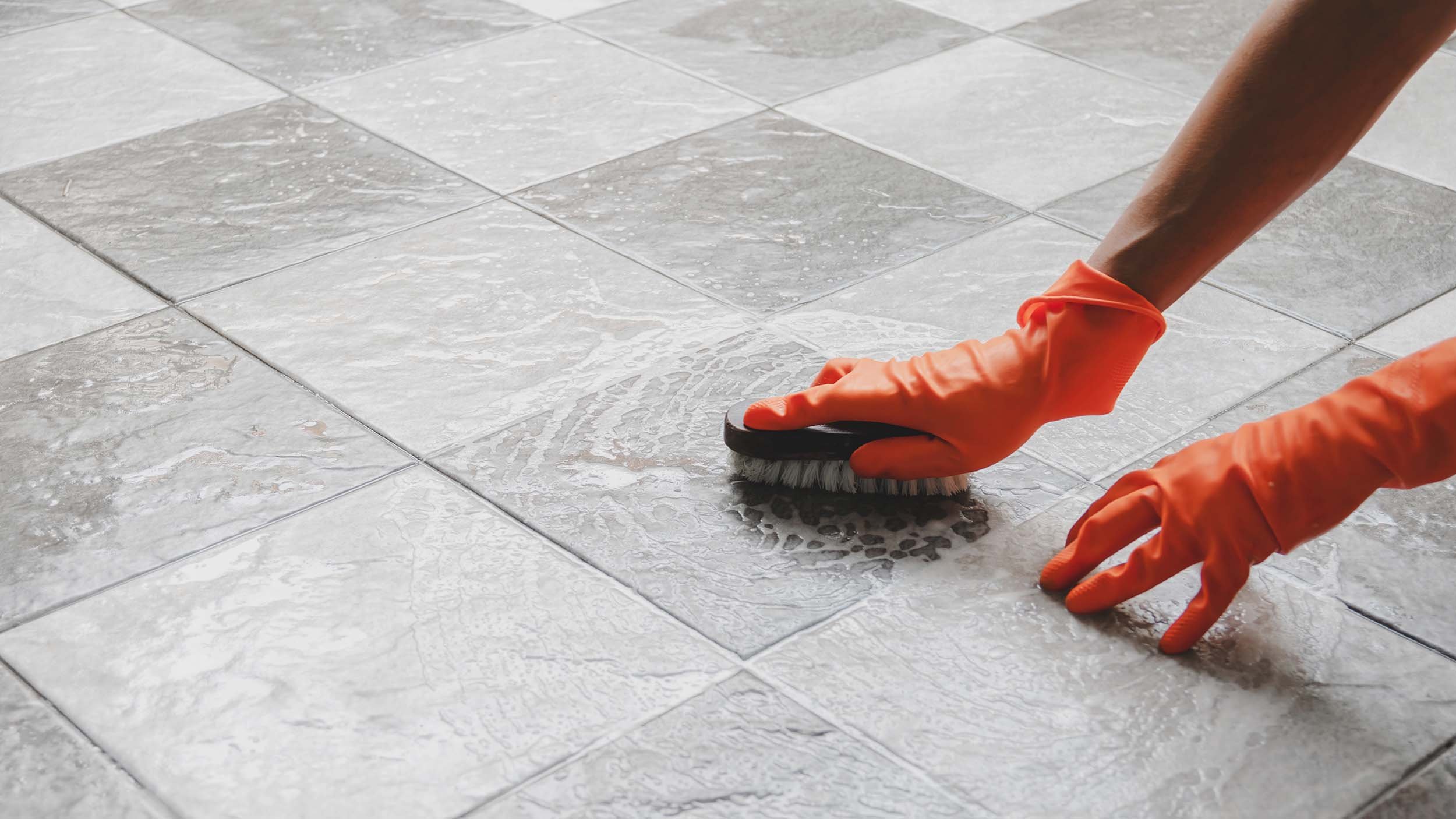Tile Care & Maintenance
Tile, whether glazed ceramic or porcelain, should be maintained on a regular and frequent basis to prevent build-up of soil, grease, residue, soap detergents, sealers, dampness, liquids, etc., to keep the surface clean and lessen slippery conditions.
GLAZED CERAMIC TILE
Most glazed ceramic wall tiles do not require sealing. However, crackled (or crazed) ceramics should be treated with a penetrating sealer prior to grouting to prevent staining. Periodic resealing is necessary for crazed ceramics in wet areas such as showers. Regular cleaning with pH neutral cleanser or hot water, and a soft cloth is recommended for ceramic tiles.
GLASS TILE
Glossy glass tiles require simple regular cleaning with products designed for glass. Use a soft lint free cloth for cleaning and polishing. Never use abrasive cleaners or pads on matte or glossy glass tiles. Sanded or matte glass must be thoroughly degreased and cleaned with denatured alcohol using a soft lint-free cloth. Murphy’s oil soap can be used to restore the luster on sanded or matte surfaces.
CERAMIC & PORCELAIN TILE
Most glazed tiles require a regular cleaning schedule with pH neutral cleansers or hot water, and a soft cloth, Frequent changing of the water will prevent dirty mop water build up in textured areas of the glaze and the grout lines.
CEMENT
Pre-sealing cement tiles with Dry-Treat STAIN-PROOF Original™ penetrating sealer before installation is required. As with natural stone; acids, citrus juice, citrus cleaners, red wine, and oils may etch concrete surfaces. Care should be taken to clean spills immediately. A pH neutral, non-abrasive cleanser is suggested for routine cleaning.
NATURAL STONE
To protect stone floors, walls and counters, we recommend using a penetrating sealer such as Dry-Treat STAIN-PROOF Original™. Care must be taken to avoid cleaning natural stone with harsh or abrasive cleaners, especially those that contain phosphoric or glycolic acids. Be aware that acidic materials such as vinegar and lemon juice will etch some stone surfaces such as limestone. For maintenance, use only ph neutral cleansers or hot water. Occasional deep cleaning may be required to restore and maintain the stone’s original finish.

